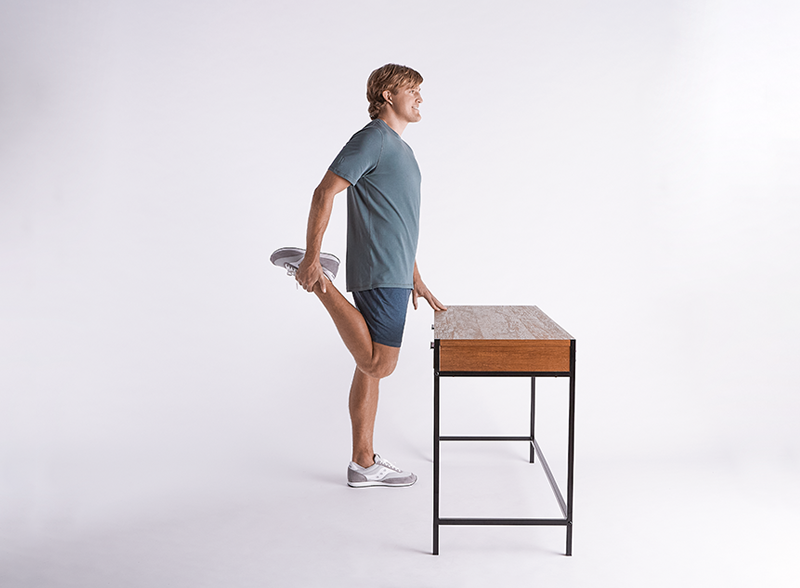How to do a quad stretch: a Hinge Health guide
Learn how to do quad stretches to help improve knee pain, plus modifications to make it easier or harder.
0 $ pour vous
Date de publication : Apr 28, 2023
Table des matières
Fully covered knee pain relief
Find relief from knee pain, knee locking, stiff knees, & more.
Check if I'm eligible